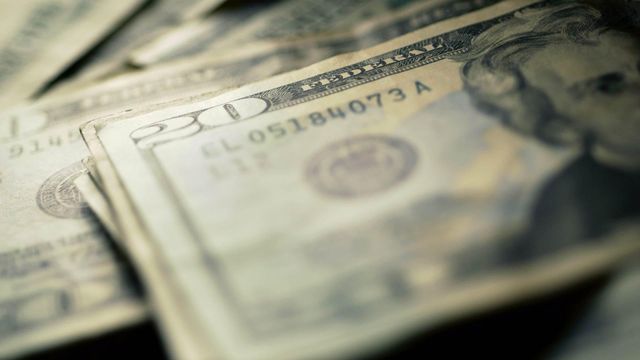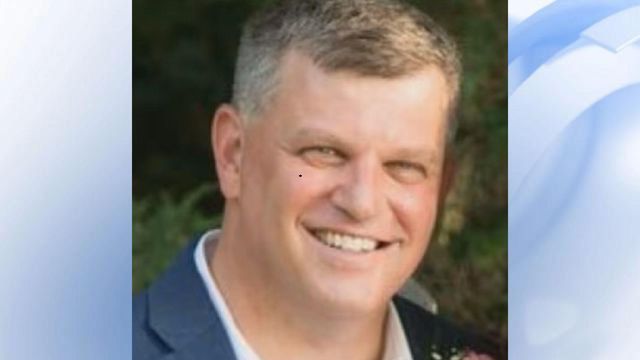Lawmakers reach tentative budget deal
The three-week stalemate between the North Carolina House and Senate over a new state budget appeared to be over late Tuesday.
House Majority Leader Hugh Holliman said the finance teams from the two chambers had tentatively agreed to a plan to raise $982 million in new revenue.
The plan calls for a temporary one percent increase in the state sales tax rate, raising the cigarette tax by 10 cents a pack, a 5-cent tax increase on a six-pack of beer and higher taxes on wine and liquor based on their alcohol content. It also includes a 2 percent income tax surcharge for the next two years on people and businesses that still owe taxes at the end of the year because they have underpaid on their withholding or quarterly taxes.
The Democratic caucuses that control the House and Senate were expected to meet Wednesday to discuss the proposal.
"Negotiations continue. We're closer than we've ever been. We hope to finish it off very soon if we can," House Speaker Joe Hackney said.
| Bruce Mildwurf updates the budget process |
Sen. David Hoyle, D-Gaston, one of the Senate's chief negotiators, said he believes a deal is in sight.
"It's time to fish or cut bait," Hoyle said.
The Senate offered a compromise revenue package earlier Tuesday, marking the first notable movement in three weeks toward passing a two-year spending plan.
The major changes between that proposal and the one agreed to late Tuesday was a larger sales tax increase – the Senate called for 0.5 to 0.75 cent – and a smaller increase on cigarettes – the Senate proposed 15 cents a pack.
The House has consistently backed increasing the state sales tax and raising income taxes on people who make more than $200,000 a year as the best way to generate the extra revenue, which Gov. Beverly Perdue insists is needed to avoid deep cuts to education.
Senate Democrats previously balked at sales and income tax increases, preferring to begin taxing services like car repairs, lawn care and manicures and on entertainment like movies and golfing greens fees.
Meanwhile, the House had previously refused to consider cigarette and alcohol taxes in the revenue equation.
Senators said they want to revisit the idea of service taxes next year. Without a broader base of taxes, they said, any sales tax increase might be permanent.
Budget negotiators have agreed on most of the spending cuts needed to erase a projected $4.6 billion deficit and how to divvy up the extra revenue, but they have been waiting for an agreement from the finance committees on the source of the revenue.
It's still unclear whether Perdue would approve the budget with the revenue conditions the House and Senate have proposed. She recently pushed for an extra $1.6 billion in revenue, financed primarily by a temporary one-cent increase to the sales tax rate.
North Carolina is among the last four states to adopt a budget. Connecticut and Pennsylvania also are operating without a current budget, while California lawmakers were finalizing a budget agreement on Tuesday.











